
Finance Secretary Urges ADB to Focus on Climate-Smart Projects in Nepal
Madhu Kumar Marasini emphasizes the need for targeted investments in infrastructure and climate initiatives at ADB meeting in Georgia.
Finance Secretary Madhu Kumar Marasini recently urged the Asian Development Bank (ADB) and other international financial institutions to focus their investments more on climate-friendly infrastructure projects that support existing initiatives. He emphasized the need for these projects to be both impactful and clearly targeted.
While speaking at the 57th annual Asian Development Bank meetings in Tbilisi, Georgia, Marasini highlighted Nepal’s strategy to align funding with ongoing projects that improve infrastructure and tackle climate change comprehensively.
“Nepal is currently at a crucial point for achieving economic growth and prosperity, thanks to our political stability,” he explained. He assured that the government is committed to promoting good governance, social justice, and economic prosperity.
Marasini also pointed out that while Nepal aims to sustain its development and graduate from being a Least Developed Country (LDC), it faces a significant funding shortage that cannot be met by public finance alone. He underscored the necessity of attracting private investments to bridge this gap.
He referred to the recent investment summit in Kathmandu as a prime example of efforts to draw in investments, particularly highlighting sectors like tourism, hydropower, and information technology where Nepal holds a competitive advantage. He called on the ADB to assist in creating appealing investment opportunities in these areas.
Moreover, he appealed for increased concessional resources from development partners to help meet Nepal’s extensive funding needs, suggesting that Nepal’s innovative approach termed Green Resilient Inclusive Development (GRID) could serve as a collaborative platform for these efforts.
Marasini concluded by advocating for deeper economic integration and enhanced connectivity, innovation, and digitalization in South Asia to transform the region into a significant economic zone.
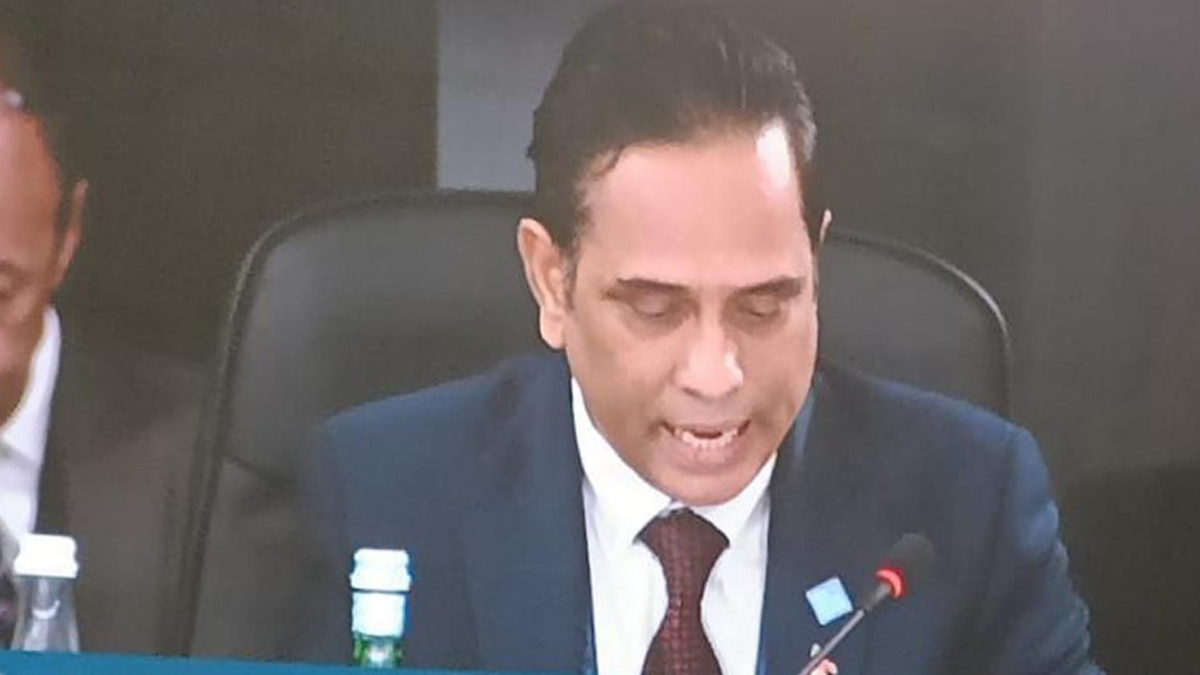


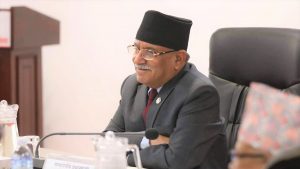

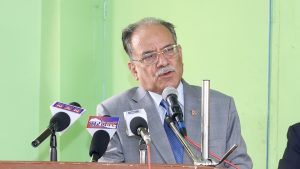
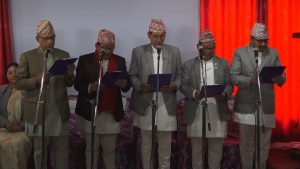
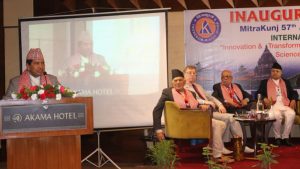
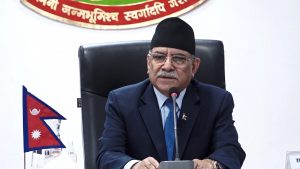





![Aishwarya Dazzles at Cannes Film Festival [Photos]](https://english.pardafas.com/wp-content/uploads/2024/05/3eded-150x150.jpg)
Comments